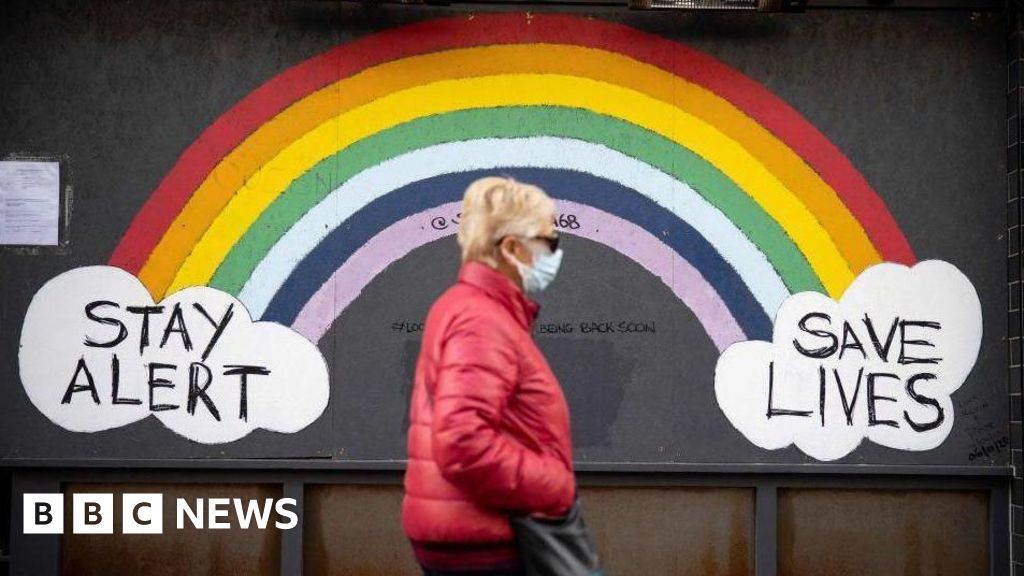
"Lockdown could have been avoided if steps such as social distancing and isolating those with symptoms along with members of their household had been introduced earlier than mid-March 2020, the report says. But by the time ministers took action it was already too late and a lockdown was inevitable. Voluntary measures were brought in on 16 March 2020, followed by the full stay-at home lockdown seven days later. An immediate lockdown on 16 March would have meant 23,000 fewer deaths in England in the first wave, modelling suggests."
"Children were not prioritised enough, with ministers failing to consider properly the consequences of school closures, the report says. It says lockdowns left "lasting scars" on society, bringing ordinary childhood to a halt, delaying treatment of non-Covid health conditions and worsening inequalities. None of the UK's four nations were adequately prepared for the sudden and enormous task of educating most children in their homes, the inquiry adds."
Lockdown could have been avoided if social distancing and isolation of symptomatic people and their household members had been implemented earlier than mid-March 2020, but ministers acted too late and a lockdown became inevitable. Voluntary measures began on 16 March followed by a full stay-at-home lockdown seven days later; modelling estimates an immediate lockdown on 16 March would have resulted in about 23,000 fewer deaths in England during the first wave. Children received insufficient prioritisation, school closures halted ordinary childhood, delayed non-Covid treatments and worsened inequalities, and the four nations were unprepared for home education. Rule-breaking by politicians and advisers undermined public confidence and increased the risk of non-compliance.
Read at www.bbc.com
Unable to calculate read time
Collection
[
|
...
]